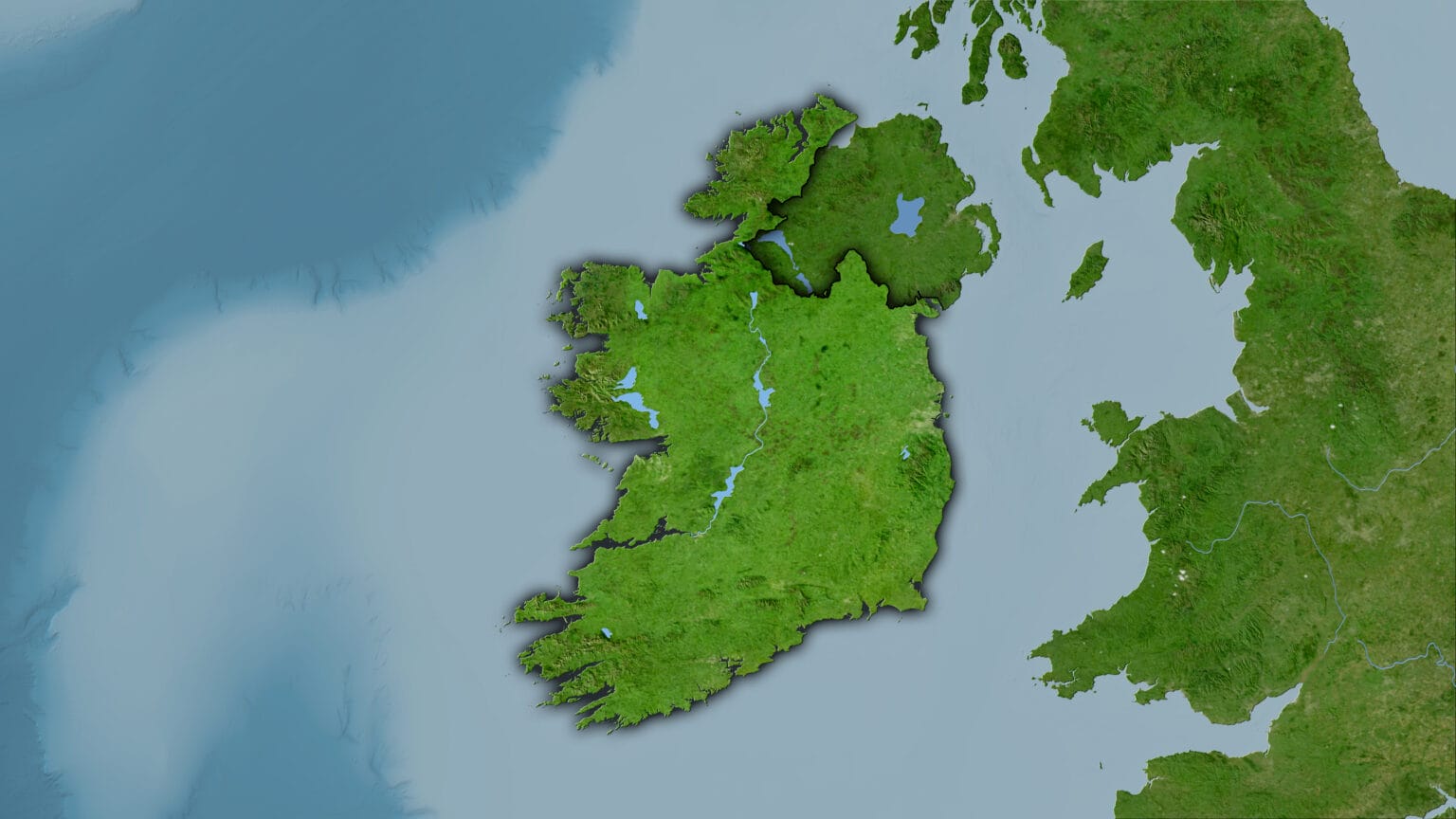Electronic Invoicing in Ireland

July 30, 2024
In Ireland, the modernisation of VAT reporting is imminent, with expectations to mandate real-time reporting and e-invoicing for both business-to-business and business-to-government transactions.
The Irish Department of Finance’s recent consultation hints at transformative changes in e-invoicing regulations. Mandatory e-invoicing for B2B and B2G transactions is under consideration, which have the potential to reshape Ireland’s financial landscape.
Consultation Highlights
A consultation held on June 27th of this year, emphasised the need for VAT administration modernisation. Revenue, the Irish Tax and Customs authority, stressed the importance of collaboration with businesses and stakeholders. Clear timelines, deadlines, and administrative requirements will be communicated if and when decisions are made. The ViDA Proposal, which aims to expedite e-invoicing across the EU, aligns with Ireland’s anticipated e-invoicing advancements, indicating a move towards European integration.
Future Directions
Minister of Finance Michael McGrath’s statement in October 2023 emphasised the government’s dedication to modernising the VAT invoicing and reporting system. Following this, Revenue initiated a public consultation to gather input on digitising Irish VAT reporting. The consultation, which concluded in January 2024, focused on introducing VAT reporting requirements for domestic B2B and B2G transactions. Although the timeline for these changes remains uncertain, a significant notice period is expected before the enforcement of any new regulations.
Since April 2019, Irish public bodies are required to accept e-invoices from suppliers opting for this method. Though not mandatory for suppliers, this approach has streamlined transactions for those utilising e-invoicing. Many suppliers have already adopted e-invoicing when engaging with public authorities and appear to have reacted positively to the benefits this method provides.
Peppol Network
Ireland’s e-invoicing practices comply with European Union standards. The PEPPOL network is used for e-invoices and e-procurement documents, consistent with many other European nations. Guidelines published by the Office of Government Procurement ensure compliance, particularly for financial service providers in health and education sectors, local authorities, and central government departments.
How can TrueCommerce help?
TrueCommerce’s e-invoicing solution offers a robust platform for Irish companies and businesses trading with and within Ireland to streamline their invoicing processes. By leveraging TrueCommerce’s technology, companies can ensure compliance with evolving e-invoicing regulations, including those anticipated under the new mandatory B2B and B2G rule.
Our solution facilitates seamless integration with existing financial systems, enhances accuracy, and reduces processing times. Additionally, TrueCommerce’s platform supports the PEPPOL network, aligning with Ireland’s current standards and EU directives. This not only simplifies transactions with public bodies but also improves overall operational efficiency, enabling businesses to focus on growth and innovation while navigating the digital transformation of Ireland’s financial landscape.
By leveraging TrueCommerce’s advanced e-invoicing technology solutions and implementation expertise, clients can transform their e-invoicing processes, facilitating a smooth transition and embracing the benefits of automated e-invoicing and e-reporting. If you would like to learn more about TrueCommerce and our e-invoicing solutions please contact us and book a demo today.
Share this post:
Categories
Stay ahead of the competition
Get expert supply chain insights delivered directly to your inbox weekly.